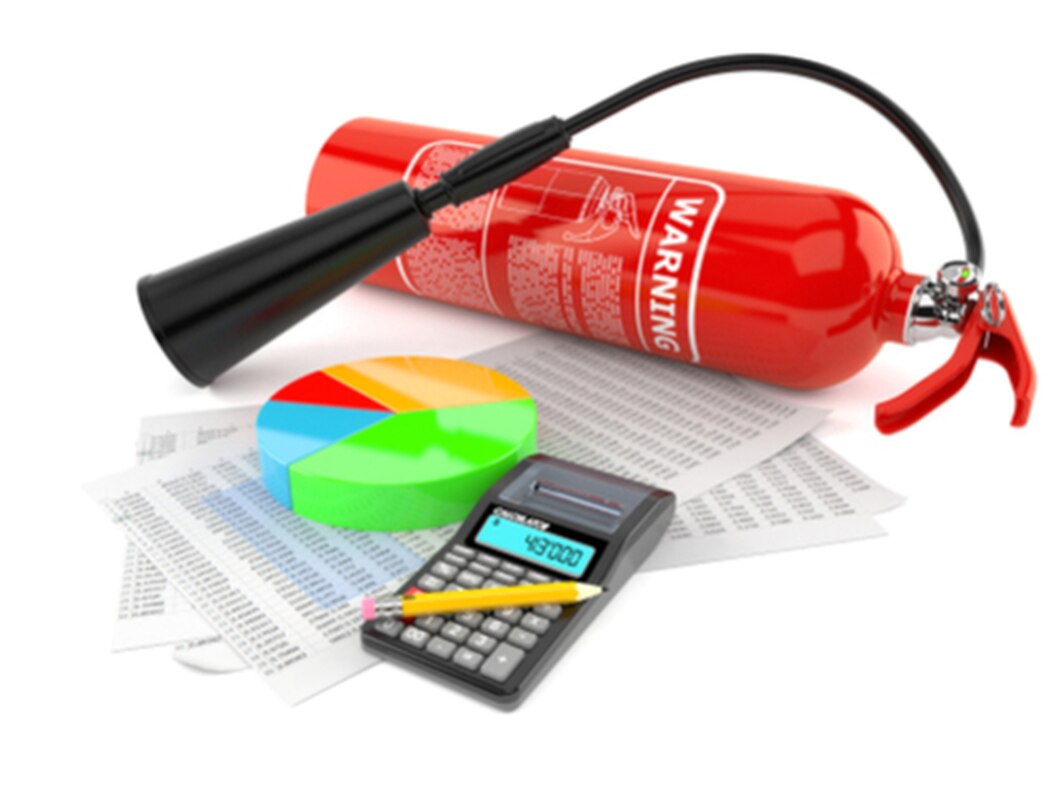We all know that fire alarms are important and necessary, but many of us are simply content with seeing a flashing white box above our kitchen cookers. However, fire alarm systems and fire detection strategies are more complex and crucial to fire safety standards than you might imagine.
We explore a few things about fire alarm systems you might want to learn if you’re responsible for fire safety in your office building or rental property.
The Basics
Smoke alarms are self-contained devices that incorporate a means of detecting a fire (smoke detector) and giving a warning (alarm). This is usually a very loud beeping sound. They are small in size and are normally fitted to the ceiling.
They are designed to detect fires in their early stages and give you those precious minutes to enable you and your family to leave your house in safety. All premises must be equipped with an appropriate fire detection system according to UK fire alarm safety regulations.
On each floor of your property, you must have at least one alarm. However, it is also advised to have additional alarms near landings and outside of areas where people sleep as this will give people a better chance of escaping if there is a fire.
With an effective fire alarm system installed in your building, any fire outbreak should ideally be detected easily, giving occupants enough time to put the fire out or leave the property.
What Happens If You Don’t Install an Alarm?
Failure to install a working fire alarm system in your building will put people’s lives in danger unnecessarily. This is one of the simplest things you can do as a responsible person to prevent loss of life caused by accidental outbreaks. There is zero flexibility in this area when it comes to landlord fire risk assessment negligence.
Also, if your building is not compliant with applicable regulations you could face severe regulatory and insurance implications.
Fire Alarm Assessments
As part of your commercial or residential landlord fire risk assessment, it’s important for all fire alarms to be surveyed and checked for their condition. It is advised that experts assess the current situation of your building’s fire detection system and upon completion of the survey, prepare a survey report that details the necessary changes, if any, that are needed to improve your fire detection system.
Fire Alarm System Types
There are a few different types of fire alarms that offer varying functionality for office and residential spaces. These range from conventional systems to wireless systems.
Conventional alarm systems are less costly than other systems but all systems are relatively affordable when you consider the implications of not installing an effective strategy for fire prevention. You may need to install a more elaborate system if you have a large or unique type of property, however, this should be indicated by a diligent fire risk assessment.
Ultimately, the type of individual fire alarm or fire alarm system you use is less important than the fact that you have one installed that is completely reliable and accurate. Delayed responsiveness, ineffective bleep systems, or fault battery units all undermine your fire safety strategy.
As well as testing your systems yourself regularly, it’s important that you have professionals take a look at your units to make sure they’re all in good working order.
Get Help with Fire Alarm Systems
As seasoned fire safety professionals, UK-Fire Risk Assessments offer a wealth of advice and knowledge when it comes to all things fire-related. After conducting a full risk survey of your property, we can advise you on the right design and installation methods to make sure your property is always up to code. Contact us to arrange an assessment or for more information about this topic.

